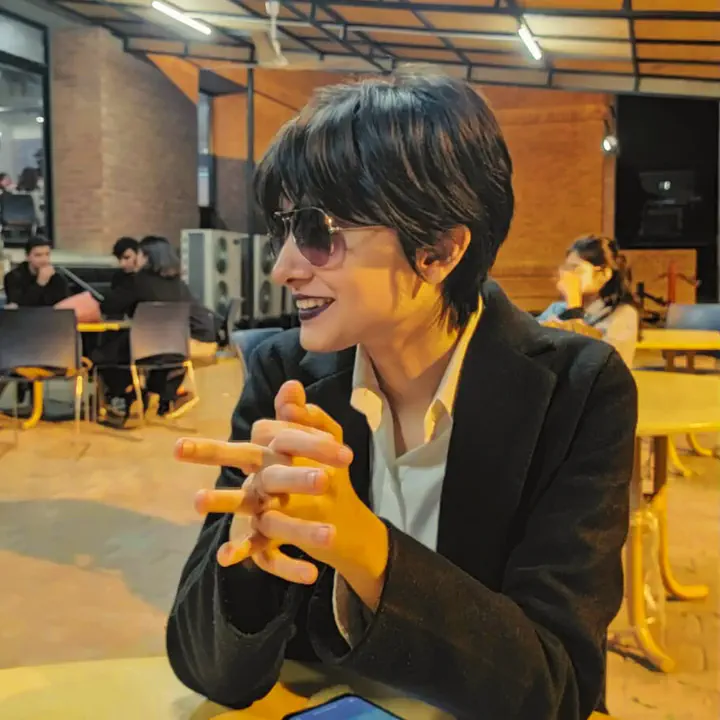A Framework for Improving Web Affordability and Inclusiveness

Abstract
Today’s Web remains too expensive for many Internet users, especially in developing regions. Unfortunately, the rising complexity of the Web makes affordability an even bigger concern as it stands to limit users’ access to Internet services. We propose a novel framework and a fairness metric for rethinking Web architecture for affordability and inclusion. Our proposed framework systematically adapts Web complexity based on geographic variations in mobile broadband prices and income levels. We conduct a cross-country analysis of 99 countries, showing that our framework can better balance affordability and webpage quality while preserving user privacy. To adapt Web complexity, our framework solves an optimization problem to produce web pages that maximize page quality while reducing the webpage to a given target size.
Resources for Attendees
Seminar Details
Presenter Bio
Rumaisa Habib is a first year PhD student at Stanford University. Prior to joining Stanford, they were an undergraduate at LUMS, Pakistan. Their research at LUMS primarily focused on improving the affordability of the Internet through both policy and technical solutions. They are broadly interested in designing improvements for the Web.